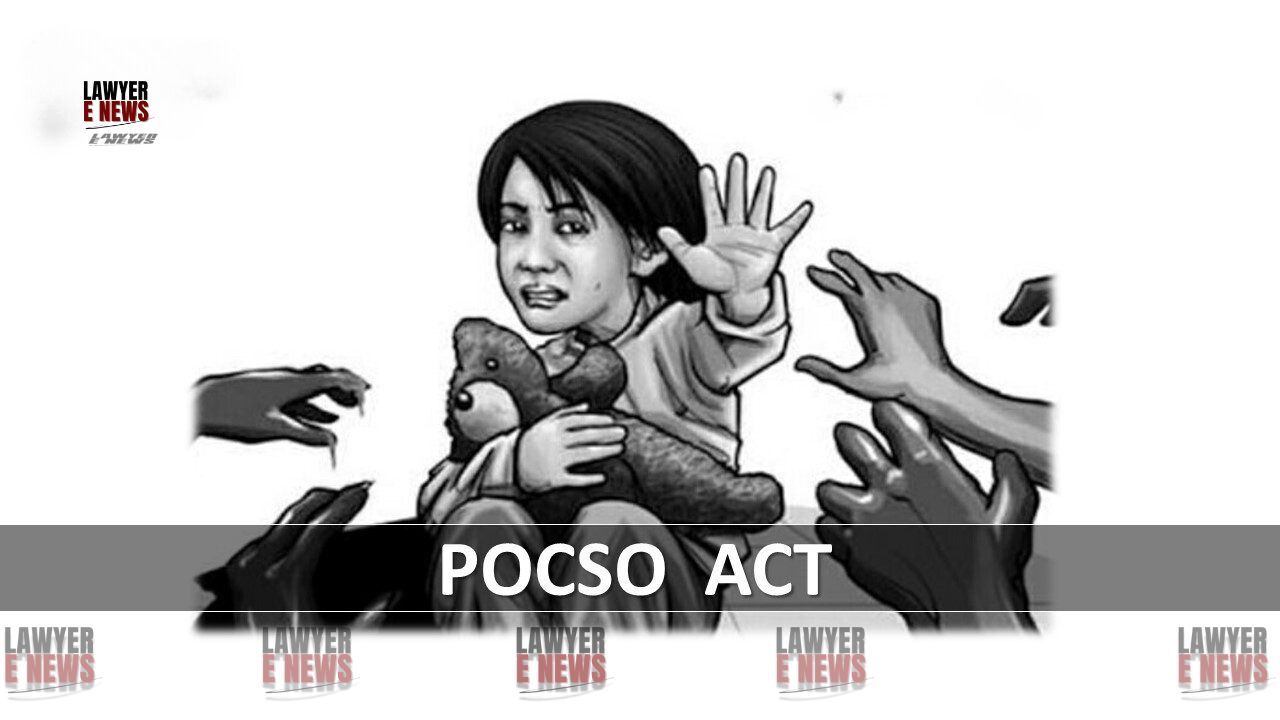-
by sayum
14 February 2026 2:22 PM



The Supreme Court of India, on August 12, 2024, overturned the conviction of Mahendra Kumar Sonker under Section 353 of the Indian Penal Code (IPC). The conviction, which had been affirmed by the High Court of Madhya Pradesh, was set aside by a bench comprising Justices B.R. Gavai, K.V. Viswanathan, and Nongmeikapam Kotiswar Singh. The Court concluded that the evidence presented did not meet the legal requirements to sustain a conviction for assaulting or using criminal force against public servants during a trap operation.
The case originated from a corruption complaint filed by Babulal Ahirwar (PW-1) against Mahendra Kumar Sonker, a Patwari in Sagar District, Madhya Pradesh. Ahirwar alleged that Sonker demanded a bribe of Rs. 500 in exchange for a favorable inquiry report. A trap was organized by the Special Police Establishment (Lokayukt), and during the operation, Sonker allegedly resisted arrest and, with the help of his wife, obstructed the officials.
The Special Judge, Sagar, acquitted Sonker of corruption charges under the Prevention of Corruption Act but convicted him under Section 353 IPC for using criminal force to deter public servants from discharging their duties. This conviction was upheld by the High Court of Madhya Pradesh, leading to an appeal to the Supreme Court.
The Supreme Court, after reviewing the evidence, found that the prosecution failed to prove that Sonker used criminal force or assaulted the trap party as required under Section 353 IPC. The Court noted that the testimonies of prosecution witnesses, including that of Babulal Ahirwar (PW-1), O.P. Tiwari (PW-4), N.K. Parihar (PW-8), and Niranjan Singh (PW-9), primarily described a scuffle and an attempt by Sonker to evade arrest. The Court emphasized that the actions described did not constitute "assault" or "criminal force" as defined under Sections 349 and 350 of the IPC.
The medical evidence presented by the prosecution, including reports of minor injuries to the trap party, did not support the allegation of assault with a hard and blunt object. The Supreme Court observed that the injuries were consistent with a struggle during the apprehension of the accused rather than an intentional assault.
The Supreme Court contrasted Section 353 IPC with Section 186 IPC, noting that the latter, which deals with obstructing public servants, was more appropriate for the actions described in this case. However, since no charge under Section 186 IPC was pursued, and the procedural requirements under Section 195(1)(a)(i) of the Cr.P.C. were not followed, the Court found no grounds to sustain the conviction under Section 353 IPC.
Justice Viswanathan, delivering the judgment, stated, "The jostling and pushing by the accused with an attempt to wriggle out, as is clear from the evidence, was not with any intention to assault or use criminal force." The Court further remarked that "None of the ingredients required for convicting a person under Section 353 of IPC were attracted."
The Supreme Court's decision to acquit Mahendra Kumar Sonker highlights the importance of adhering to the strict requirements of the law in cases involving allegations of assault on public servants. The judgment reinforces that not every act of resistance during an arrest amounts to criminal force or assault under Section 353 IPC. This ruling is expected to impact future prosecutions under similar circumstances, emphasizing the necessity for clear and convincing evidence to secure a conviction.
Date of Decision: August 12, 2024
Mahendra Kumar Sonker v. The State of Madhya Pradesh
